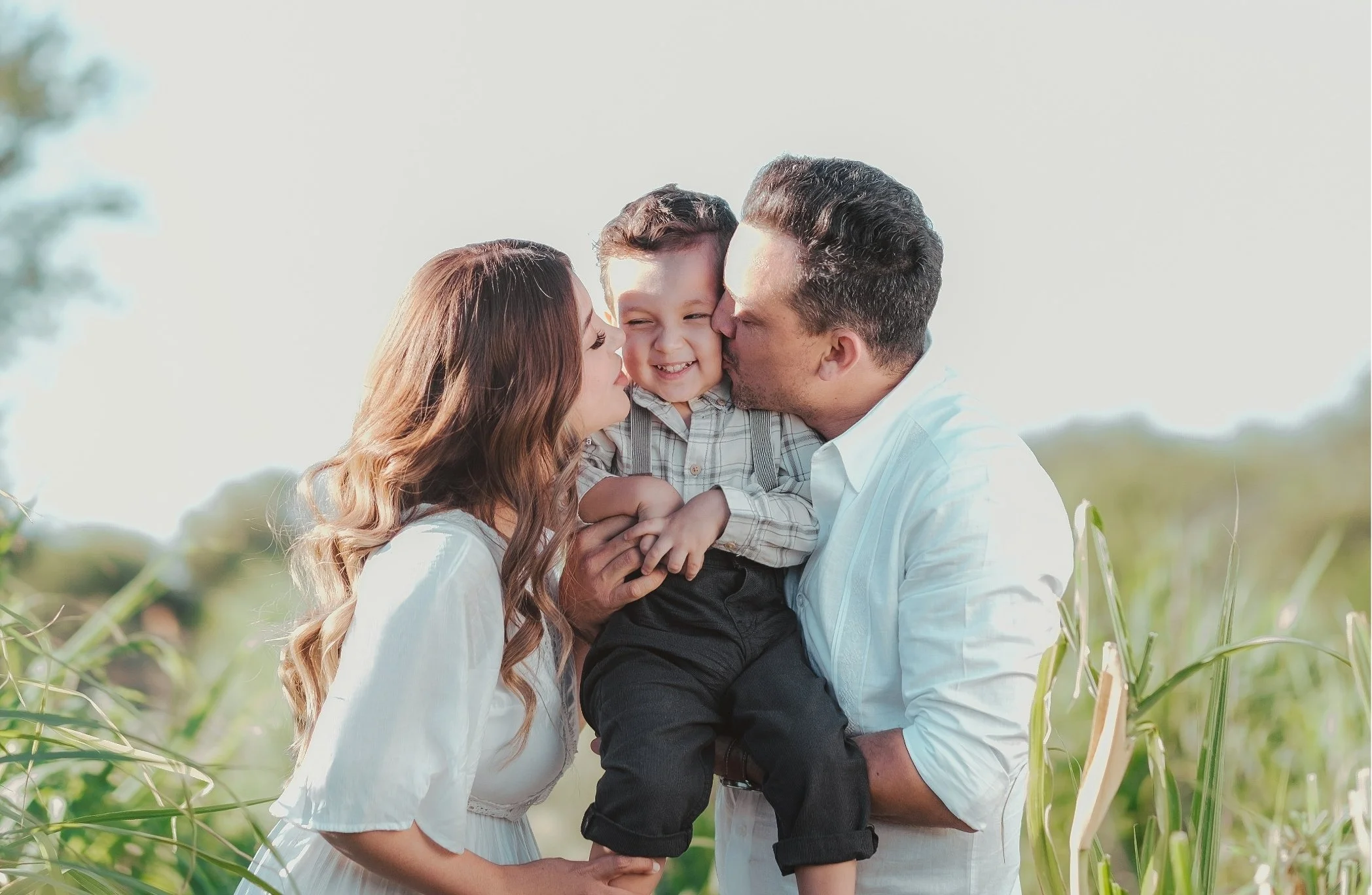
Offering both in-person and virtual sessions
Parenting Support in Columbia, MD
Because parenting wasn’t supposed to feel this lonely, frustrating, or guilt-filled. Real support for the moments you feel like you’ve tried everything—and it’s still not working.
Does it feel like you’re doing everything you can—but still falling short?
You're doing your best—under an impossible amount of pressure.
It’s not just the tantrums or the noise—it’s the mental load, the emotional exhaustion, the way you never really get a break. You’re carrying so much, and still feel like it’s not enough.
Maybe you swore you’d parent differently than you were parented. Maybe you’re trying to break cycles while barely holding yourself together.
And even in the good moments, something still feels off—like you’re holding your breath, waiting for it to fall apart again.
You feel guilty for yelling. You zone out and miss moments you wish you could savor. You lie awake wondering if you’re messing everything up—if you’re doing some irreversible damage despite how much you love your child.
You want to be more present. More patient. More connected. But the truth is, you’re exhausted. You’re spent.
And even when others tell you you’re doing a great job, it doesn’t always feel that way inside.
Parenting Support Areas of Expertise
Every parent’s struggle looks a little different—but these are some of the common challenges we can work through together:
Navigating your child’s big feelings — without losing your own
Parenting without a model — healing your own past while raising your child
Managing emotional overload — and finding space for yourself in the chaos
Responding with calm — instead of reacting from stress
Sorting through conflicting advice — and finding what actually fits your family
What if parenting didn’t always feel so heavy?
When parenting feels overwhelming, it’s easy to fall into a pattern of just getting through the day. But with the right support, it’s possible to show up with more steadiness—even when things feel chaotic.
Therapy can help you:
Pause before reacting and respond in ways that align with your values
Feel more present with your kids, instead of constantly zoning out or snapping
Understand where your anger, guilt, or overwhelm is really coming from
Heal the parts of you that carry fear, shame, or the feeling of never being enough
Begin to enjoy parenting again, even in the hard moments
How I help parents step into greater calm and confidence
I work with parents of young children using gentle, depth-oriented approaches like Emotionally Focused Therapy (EFT) and Internal Family Systems (IFS). These methods help you slow down, listen to the parts of you that feel overwhelmed or reactive, and understand what those parts are trying to protect.
This isn’t about tips and tricks—it’s about tending to you. Your emotions, your history, your needs. Because when you feel more resourced and supported, everything else starts to shift. The tension eases. The reactivity softens. And you’re able to show up with more steadiness, even in the chaos.
You deserve to feel grounded—not like you’re constantly bracing for the next meltdown. And your kids deserve a version of you who feels calm, connected, and whole.
That doesn’t mean things will be perfect. There will still be hard moments (we all have them). But with the right support, those moments won’t undo you. You’ll start to trust yourself again—even when things go off-script.
And yes, we’ll explore practical tools, too. But not a one-size-fits-all approach. We’ll focus on what actually works for your child—and what feels aligned with the kind of parent you want to be.
Parenting Workshops: A Foundation of This Work
Before becoming a therapist, I spent years teaching and leading parenting workshops—helping families find steadiness, connection, and practical tools for change.
That work, rooted in deep emotional presence, still shapes how I support parents today as a psychotherapist in Columbia, MD—whether in therapy sessions or group settings. Here’s what a few parenting workshop participants shared:
“The clarity, the passion, the realness—it helped me not only parent differently, but grow into the kind of parent I wanted to be.”
“I had taken so many parenting classes before—but this was the first time I actually felt like I had the tools I needed to connect with my kids in a real way. It completely changed the tone in our home.”
“What started as a parenting class changed all my relationships—marriage, friendships, even work. The shift was that deep.”
— Parenting workshop participants from Reuven’s years as a teacher
Therapy for parents of young kids can help you…
Stay steady when everything feels like too much
Interrupt cycles of yelling, shame, or guilt
Repair after hard moments so your kids feel safe and loved
Notice what blocks you from being present—and shift into more calm, responsive connection
Trust yourself as a parent (even when doubt creeps in)
Break generational patterns without burning out
Integrate parenting strategies that feel authentic and effective—even in the hardest moments

Even if it’s been this way for years, it’s not too late to feel more grounded, with yourself and your child.
FAQs
-
That’s completely okay. It’s common for one parent to feel more overwhelmed, guilty, or disconnected—even when both are doing their best. This work is for you—to help you feel more grounded and steady, no matter what your partner is or isn’t doing.
-
In part, yes. While we focus deeply on your emotional experience and how that shapes your parenting, we’ll also talk about real-life strategies that fit your values and your child’s needs. It’s not about a one-size-fits-all method—it’s about finding approaches that feel right to you and actually help when things get hard.
-
That doesn’t make you a bad parent—it makes you human. We’ll explore what’s underneath those moments, so you can meet yourself with more compassion and begin to respond differently, even when things are hard. Repair is always possible.
-
EFT helps you recognize the emotional blocks that keep you from being the parent you want to be—so you can be more accessible and responsive when it matters most.
IFS helps you work with the inner parts of you that might be overwhelmed, critical, or reactive—and soften them—so you can parent from a clearer, more grounded place.
-
That’s my specialty, yes. I work primarily with parents in the early years—when the needs are intense, the pressure is high, and the emotional toll is often invisible. If that’s where you are, you’re in the right place.
Parenting Therapy in Columbia, MD
ConnectWell Therapy offers in-person sessions at 9861 Broken Land Pkwy, Suite 100, Columbia, MD 21046 — and online therapy across Maryland.

